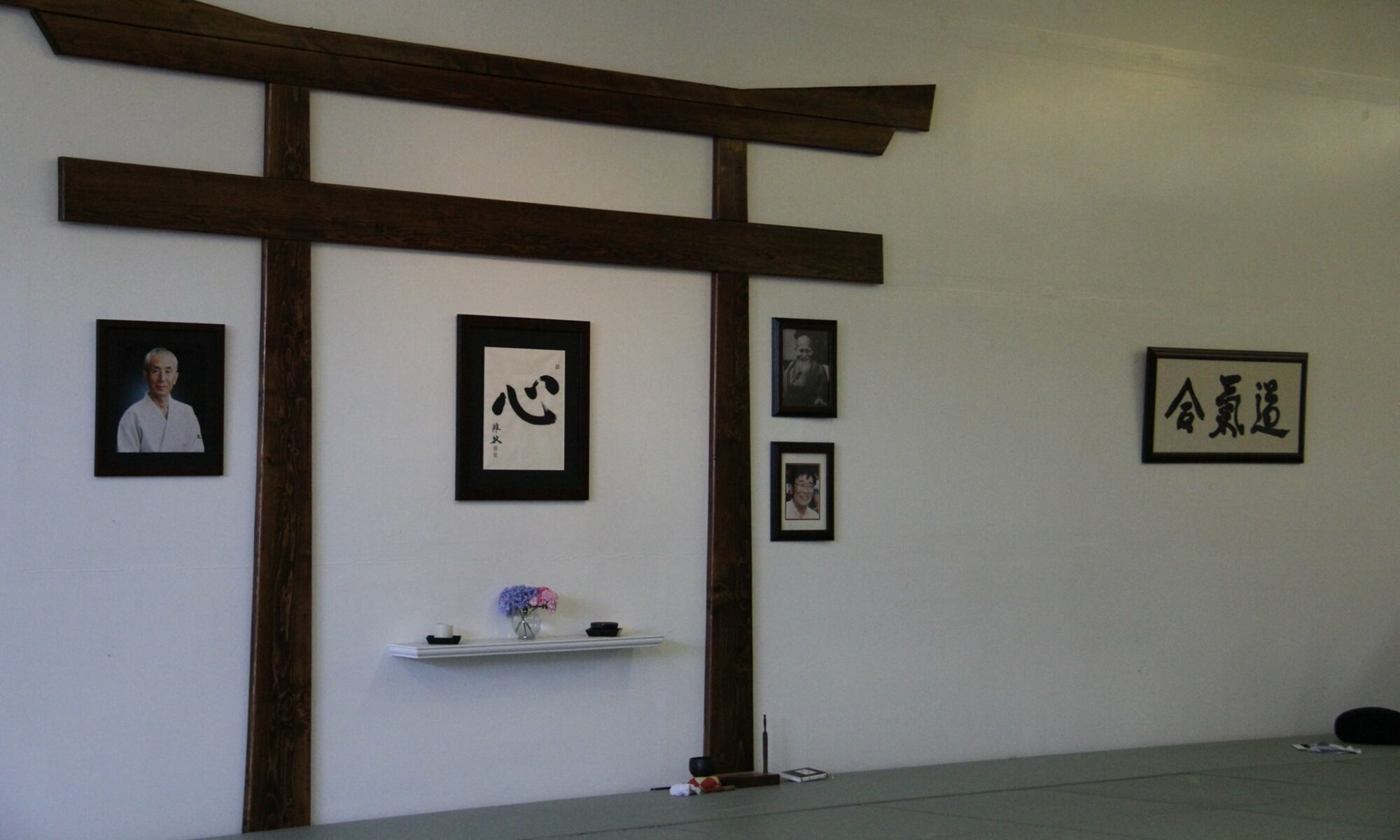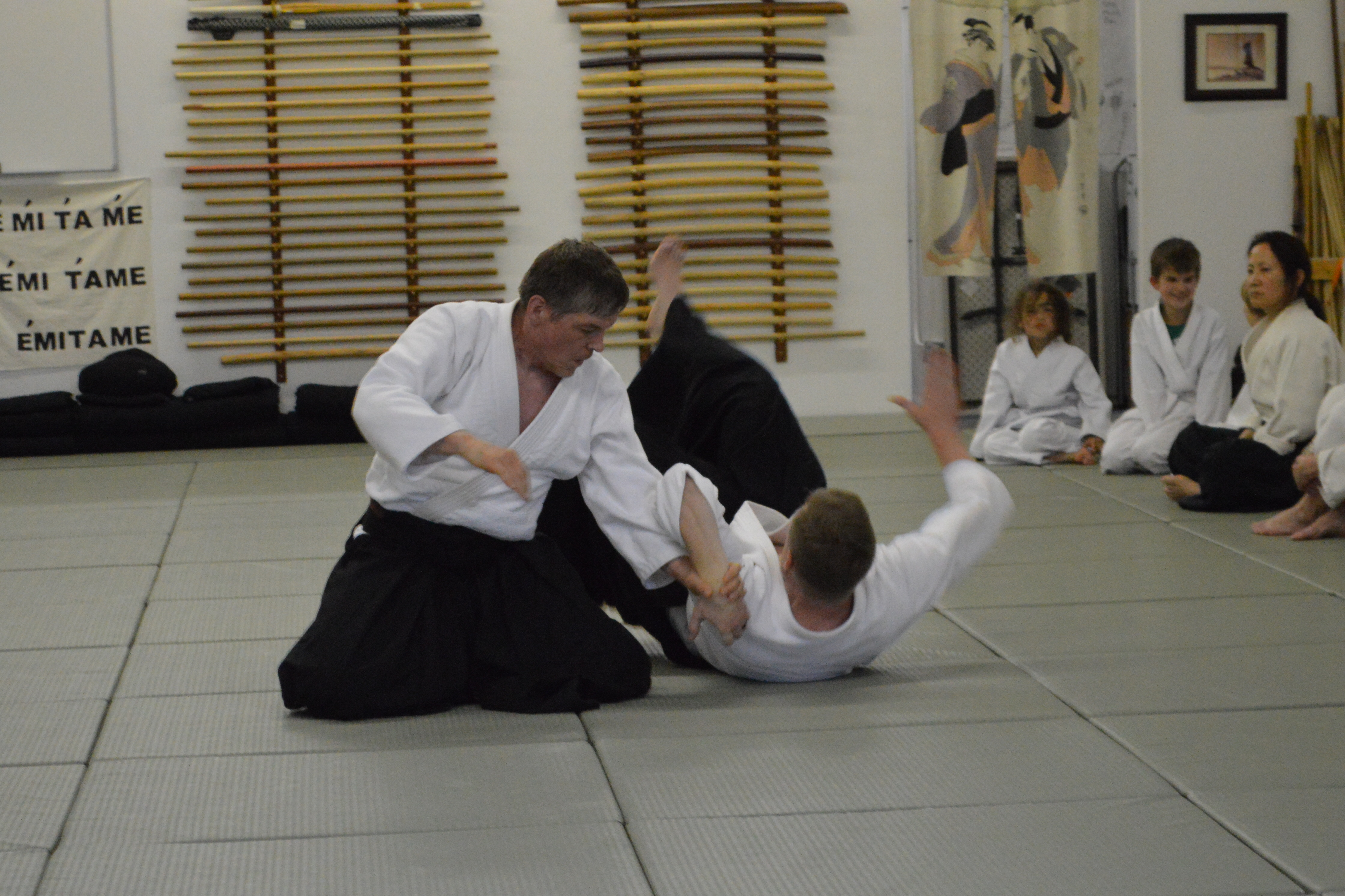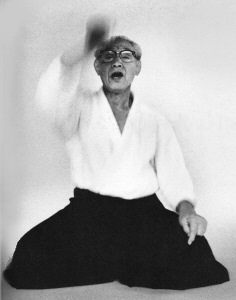To go along with Aikido in daily life: February 2019, I want to share this short aikido simile. I’m not sure who originally wrote this but want to share…
“Jujitsu, Judo, and Aikido are like three sisters. Jujitsu is the oldest sister. She has a temper and likes to fight. She is only interested in winning, has fought many times, and knows what techniques are effective. Since she will fight anyone, she must have excellent technique to secure victory. And, if you had to be in a fight, you would want her standing next to you. Judo is the middle sister. She is more interested in fun and competition, not actual combat. She is excited by the glory of competition. But she can and will fight if pushed. Years of training and competition has made her tough. And remember, she grew up with big sister who taught her a few tricks. Aikido is the youngest sister. Although she is familiar with war and competition, she has little use for it and almost always finds a peaceful solution. She is also the most beautiful of her sisters and people feel good just being in her presence. But she is not incapable of defense. She can manage quite well on her terms, and she is very tricky. Even still, one should be aware that even if she fails, she still has two older sisters who watch over her. “
Author not known




